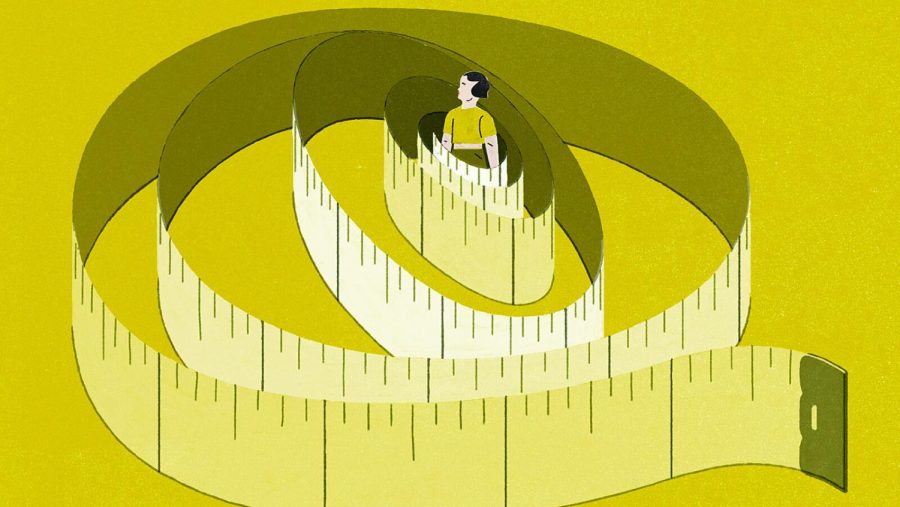Eating disorders hold no barriers
November 10, 2020
Eating disorders describe illnesses that are characterized by irregular eating habits and severe distress or concern about body weight or shape. Eating disturbances may include inadequate or excessive food intake which can ultimately damage an individual’s well-being.
The most common forms of eating disorders include Anorexia Nervosa, Bulimia Nervosa, and Binge Eating Disorder and affects both females and males. Disordered eating issues can develop during any stage in life but typically appear during the teen years or young adulthood. Classified as a medical illness, appropriate treatment can be highly effective for many of the specific types of eating disorders. Although these conditions are treatable, the symptoms and consequences can be detrimental and deadly if not addressed.
Eating disorders commonly coexist with other conditions, such as anxiety disorders, substance abuse, or depression. Eating disorders are more commonly associated with Caucasian females who are well-educated and from the upper socio-economic class. Eating disorders are also viewed as a western world affliction and not commonly related to other ethnic groups. This is not an accurate assumption. Eating disorders are prevalent in many different cultures and have been for a long time. This just continues to prove there are no barriers when it comes to disordered eating. Males, females, Caucasians, African Americans, Asian Americans, Mexican Americans and other ethnic minorities all can struggle with eating disorders. In many cases, eating disorders occur together with other psychiatric disorders like anxiety, panic, obsessive compulsive disorder and alcohol and drug abuse problems.
As stated by American Psychiatric Association, new evidence suggests that heredity may play a part in why certain people develop eating disorders, but these disorders also afflict many people who have no prior family history. Without treatment of both the emotional and physical symptoms of these disorders, malnutrition, heart problems and other potentially fatal conditions can result. However, with proper medical care, those with eating disorders can resume suitable eating habits, and return to better emotional and psychological health.
Eating disorders usually develop because of a combination of psychological, genetic and social factors. Learning about these issues helps friends and family members to gain a better understanding of why their loved one developed bulimia nervosa, anorexia nervosa, or some other eating disorder. If you or someone you know is suffering from an eating disorder, help is available through the Hoover Health Office.


